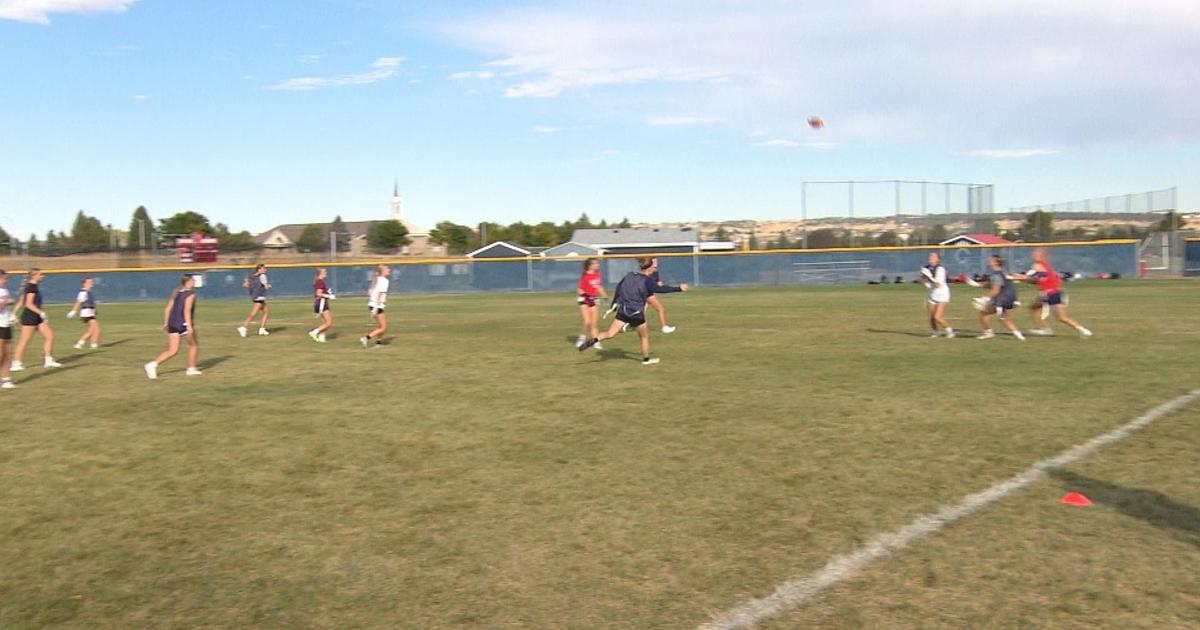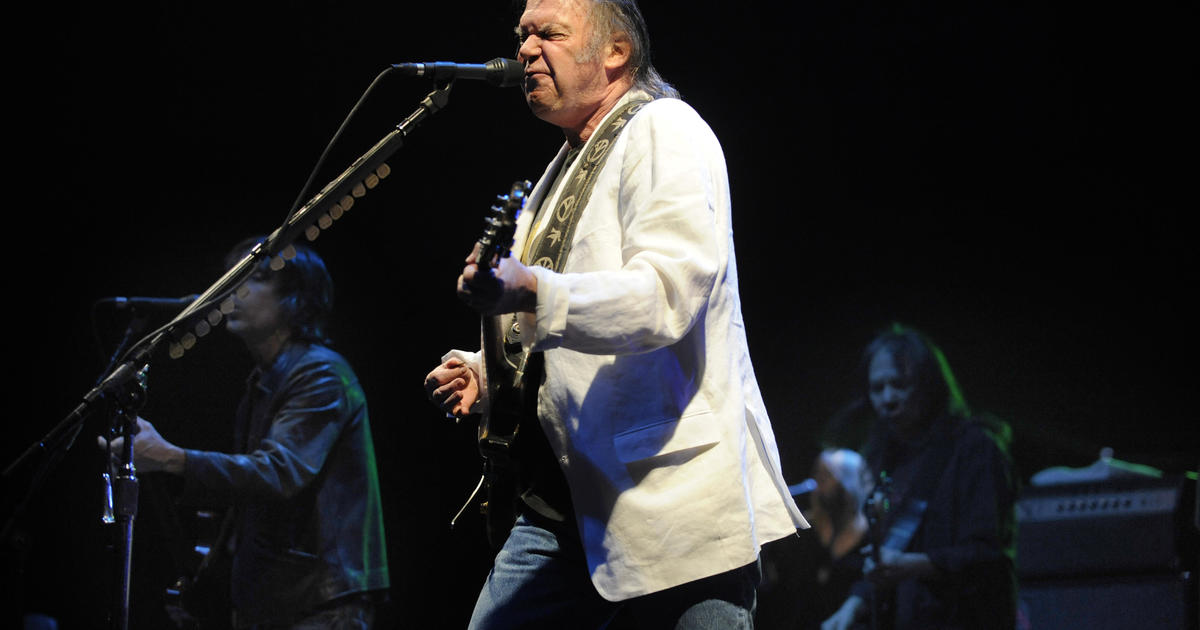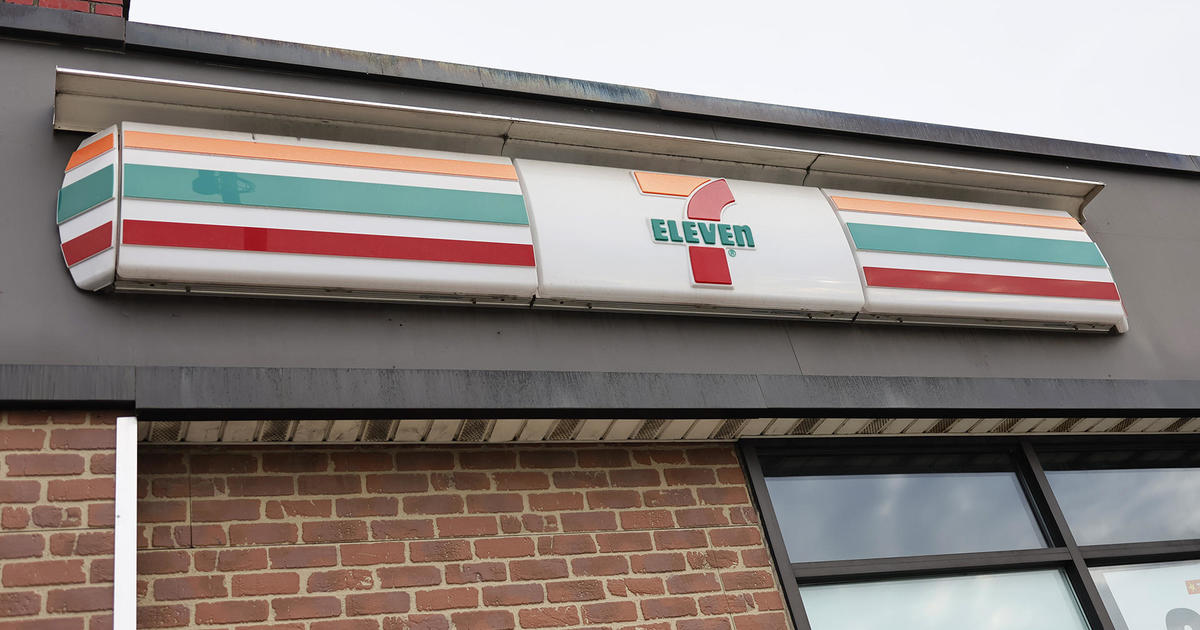In Colorado, GOP Presidential Hopefuls Have Promising Path
DENVER (AP) — Colorado, host of the third Republican presidential debate, is almost perfectly divided among Democrats, Republicans and unaffiliated voters.
The state is both an example of how well the GOP can do when it avoids clashes between party factions and a warning of how those conflicts can put the party at risk.
A decade of big Democratic victories had left many wondering whether Colorado was out of reach for the GOP.
A coalition of Latino, young and female voters delivered Barack Obama a resounding triumph in the 2008 Democratic caucuses, and he won the state on the way to the presidency.
The last time voters favored a Republican presidential candidate was 2004, with George W. Bush. Democrats have controlled the governor's office since 2006. The tea party wave passed Colorado by, with no candidates affiliated with the movement winning statewide.
But a Senate race last year changed things: Republican Cory Gardner defeated incumbent Mark Udall, a Democrat.
"It really showed the kind of Republican that can win in Colorado — a mainstream conservative," said Dick Wadhams, a former Colorado Republican Party chairman. "Every presidential candidate ought to study Gardner's victory in Colorado because it really shows how you carry this swing state."
Rather than emulate Gardner, Colorado Republicans are showing signs of returning to the feuding between establishment and social conservative wings.
Over the summer, some prominent Republican leaders, including the newly elected attorney general, tried to force the chairman, Steve House, to resign over an alleged affair. House contended he was being blackmailed and kept his job.
Meanwhile, the party has been unable to recruit a top-tier challenger to Democratic Sen. Michael Bennet, who's up for re-election next year.
"Colorado is a classic example of this national problem for the Republican Party, where the social conservatives make all the big news and the moderate economic conservatives are driven out of the party," said Bob Loevy, a longtime state political observer and former professor at Colorado College.
Gardner broke clear of that by abandoning a few contentious stances on social issues in what came to be regarded as a playbook for Republican success in the libertarian-leaning state.
But the presidential candidates taking the stage in Boulder on Wednesday night were competing for conservative primary votes. That often means an emphasis on social issues such as abortion and gay rights, though the economy was the debate's focus.
"With everything the Republican Party has done to alienate young voters, Latino voters, they're going to have a very uphill battle as we move toward a presidential election," Rep. Jared Polis, a Democrat whose district includes Boulder, told reporters this week.
By Ivan Moreno, Nicholas Riccardi, AP Writers
(© Copyright 2015 The Associated Press. All Rights Reserved. This material may not be published, broadcast, rewritten or redistributed.)



